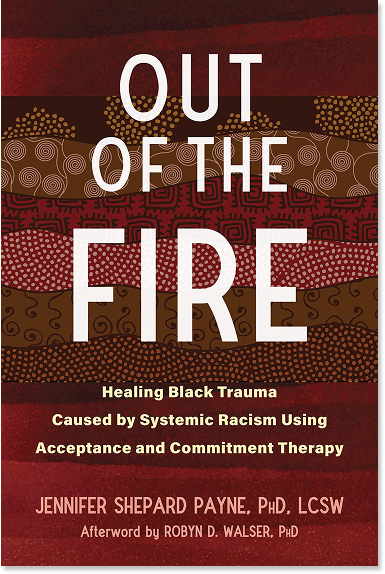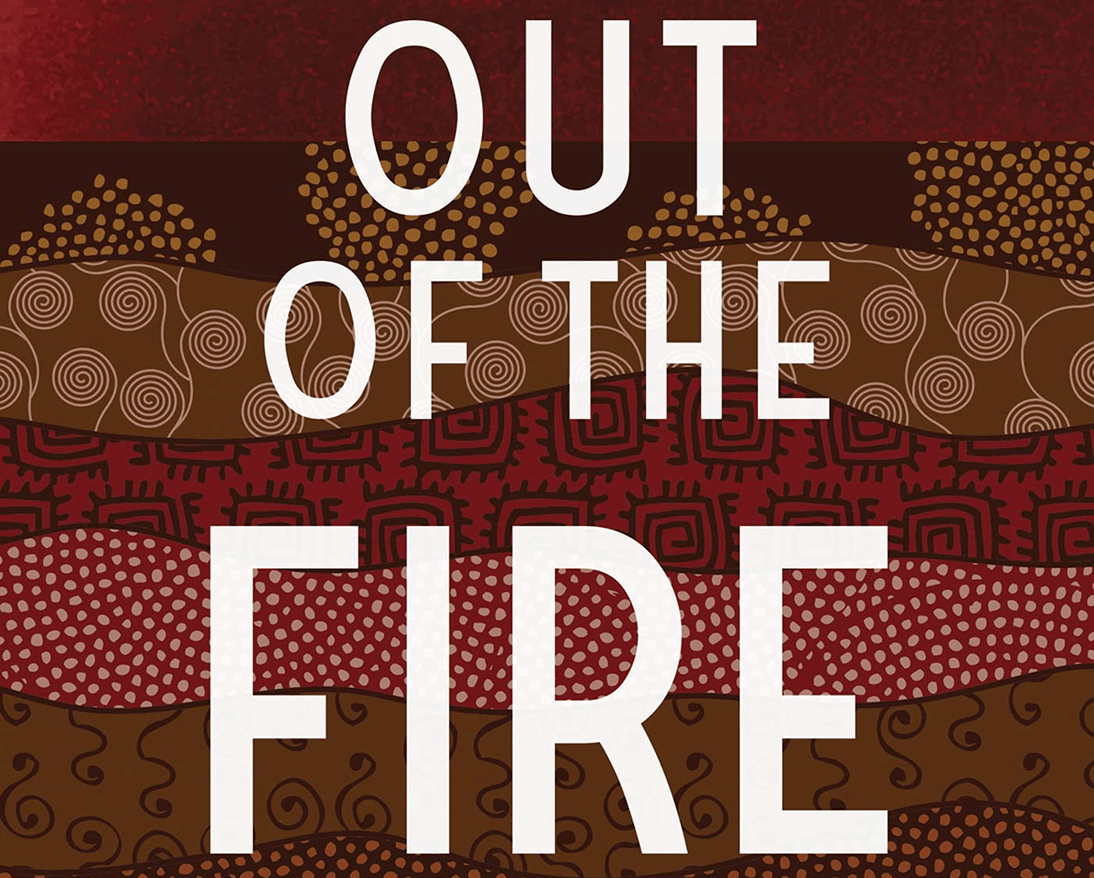Situation: Traditional evidence-based therapy models often fail to address the specific types of trauma experienced by Black individuals. This lack of relevance can lead to clients feeling misunderstood and demoralized, contributing to a high dropout rate from therapy.
Concept: Acceptance and Commitment Therapy (ACT), developed by Dr. Steven Hayes, offers a promising solution. Unlike some conventional therapies that follow rigid, medicalized protocols, ACT employs a non-pathologizing approach. It emphasizes understanding and working through suffering, focusing on personal values, and promoting psychological flexibility.
Cultural tailoring: Dr. Jennifer Shepard Payne, author of Out of the Fire – Healing Black Trauma Caused by Systemic Racism Using Acceptance and Commitment Therapy, spent several years developing a culturally tailored approach to the ACT model called, “Pulling Out of the Fire” (POOF). This model is specifically designed for African American clients, although many of the tools and insights it offers are also applicable to clients with marginalized identities.
What’s Dr. Payne’s model?
The original ACT model, known as the ‘hexaflex,’ involves six core processes. Dr. Payne found these processes useful in content but too abstract for her clients. Below are examples of how she adapted terms from the original ACT model into her POOF model:

Why do I love it? What makes Dr. Payne’s model brilliant is its capacity to foster deeper connections and healing. It naturally integrates:
- Open discussions about collective and community values, which are crucial in therapeutic settings.
- A cultural humility framework, which not only invites but also honors each community member’s experiences as essential elements of treatment, as opposed to an optional or “nice to have” addition
- The social determinants of health, ensuring that our therapeutic practices are attuned to the broader factors affecting our clients’ well-being (access to healthcare, housing, food, and social and community contexts).
It goes without saying, but if you haven’t yet attended a training or read Dr. Payne’s book, we highly recommend doing so!*

*Youth Community Justice Partners is not affiliated with, nor receives any financial incentive from Dr. Jennifer Shepard Payne or her work. The recommendations and discussions presented are based on Dr. Gerchow’s professional opinions and experiences.



